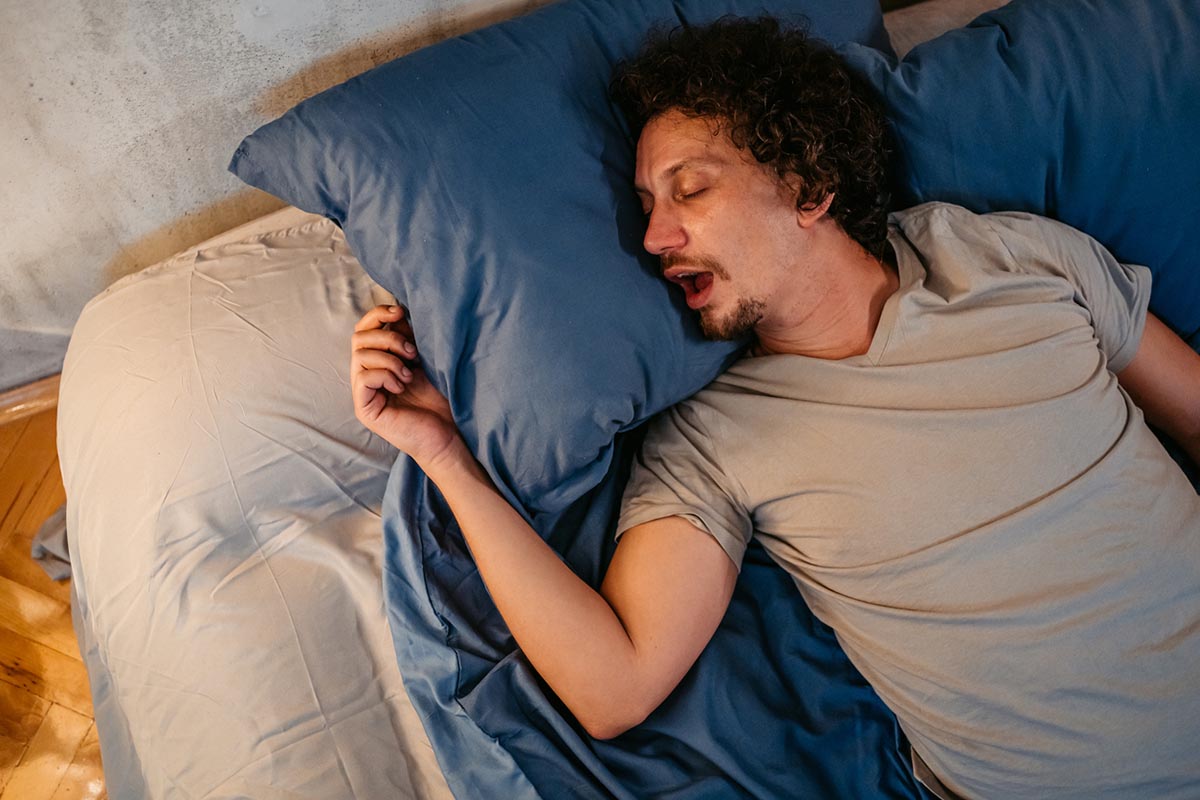Because this piece does not have an abstract, we have provided for your benefit the first 3 sentences of the full text.
To the Editor: I read with great interest the recent meta-analysis by Boland et al on antidepressant effects of acute sleep deprivation. These authors did a masterful job of documenting the world literature addressing sleep deprivation (wake therapy) as a possibly helpful treatment for depression. They report that wake therapy results in significant mood improvement about half of the time.
See reply by Boland and Gehrman and article by Boland et al
This work may not be copied, distributed, displayed, published, reproduced, transmitted, modified, posted, sold, licensed, or used for commercial purposes. By downloading this file, you are agreeing to the publisher’s Terms & Conditions.
Does a Meta-Analysis of Sleep Deprivation Studies Demonstrate Efficacy?
To the Editor: I read with great interest the recent meta-analysis by Boland et al on antidepressant effects of acute sleep deprivation.1 These authors did a masterful job of documenting the world literature addressing sleep deprivation (wake therapy) as a possibly helpful treatment for depression. They report that wake therapy results in significant mood improvement about half of the time.
However, while they report response rates of those patients receiving wake therapy, I was unable to find in their article the likelihood of response to a comparator. Without a comparator, one might as logically conclude that the sorts of patients recruited into such studies spontaneously remit about half the time over the 2 to 4 weeks these studies were conducted. I therefore examined the 5 studies2-6 they cite as randomized trials. (I did not include Smith et al7 since this study states that it is a subset of Reynolds et al.3) Indeed, as Boland et al state, 51% (46/0.91) responded to antidepressant + wake therapy. However, 44% (37/85) responded to antidepressant alone (χ21 [corrected] = 0.61, P > .1), hardly a rousing endorsement for wake therapy. In light of those data, I cannot agree with Boland and colleagues’ conclusion that "these findings support a significant effect of sleep deprivation."1(p e1020)
References
1. Boland EM, Rao H, Ginges DF, et al. Meta-analysis of the antidepressant effects of acute sleep deprivation. J Clin Psychiatry. 2017;78(8):e1020-e1034. PubMed CrossRef
2. Caliyurt O, Guducu F. Partial sleep deprivation therapy combined with sertraline induces more rapid improvements in quality of life items in major depressive disorder. J Affect Disord. 2005;88(1):75-78. PubMed doi:10.1016/j.jad.2005.04.008
3. Reynolds CF 3rd, Smith GS, Dew MA, et al. Accelerating symptom-reduction in late-life depression: a double-blind, randomized, placebo-controlled trial of sleep deprivation. Am J Geriatr Psychiatry. 2005;13(5):353-358. PubMed doi:10.1097/00019442-200505000-00003
4. Kuhs H, Fפrber D, Borgstפdt S, et al. Amitriptyline in combination with repeated late sleep deprivation versus amitriptyline alone in major depression: a randomised study. J Affect Disord. 1996;37(1):31-41. PubMed doi:10.1016/0165-0327(95)00074-7
5. Holsboer-Trachsler E, Hemmeter U, Hatzinger M, et al. Sleep deprivation and bright light as potential augmenters of antidepressant drug treatment—neurobiological and psychometric assessment of course. J Psychiatr Res. 1994;28(4):381-399. PubMed doi:10.1016/0022-3956(94)90020-5
6. Elsenga S, van den Hoofdakker RH. Clinical effects of sleep deprivation and clomipramine in endogenous depression. J Psychiatr Res. 1982-1983;17(4):361-374. PubMed doi:10.1016/0022-3956(82)90041-3
7. Smith GS, Reynolds CF III, Houck PR, et al. Cerebral glucose metabolic response to combined total sleep deprivation and antidepressant treatment in geriatric depression: a randomized, placebo-controlled study. Psychiatry Res Neuroimaging. 2009;171(1):1-9. PubMed CrossRef
aClinical Therapeutics, New York State Psychiatric Institute, New York, New York
Potential conflicts of interest: None.
J Clin Psychiatry 2018;79(2):17lr12018
To cite: Stewart JW. Does a meta-analysis of sleep deprivation studies demonstrate efficacy? J Clin Psychiatry. 2018;79(2):17lr12018.
To share: https://doi.org/10.4088/JCP.17lr12018
© Copyright 2018 Physicians Postgraduate Press, Inc.
This PDF is free for all visitors!



